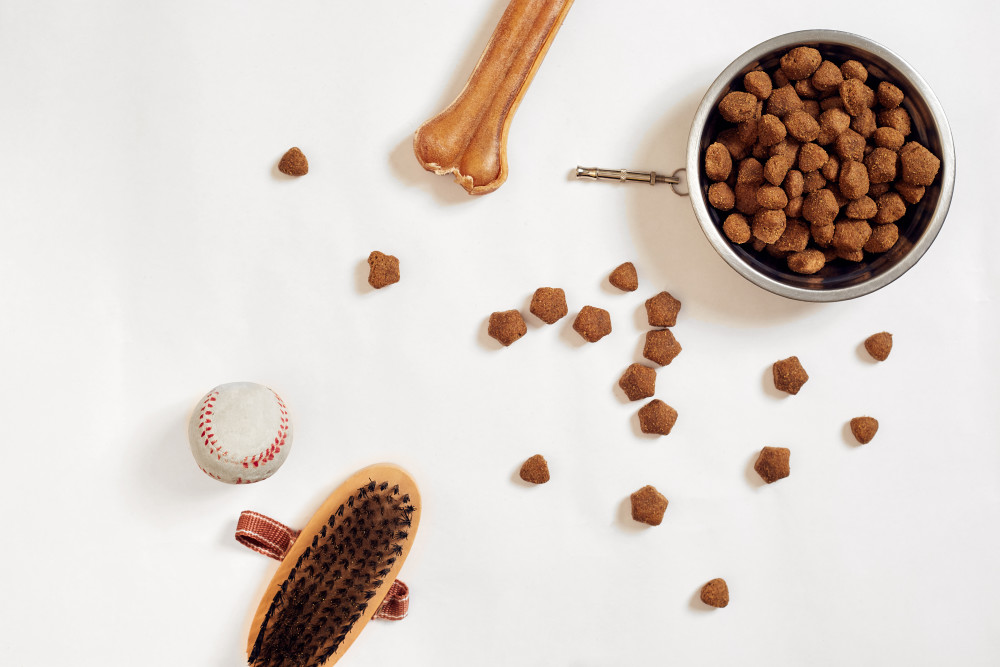Mastiff

Mastiff Overview
Mastiff dogs are the typical gentle giant breed. They're powerful, muscular, and quite literally massive! Standing up to 30 inches at their shoulders, they can outgrow a full size man. It's hard to miss their thick heads, sturdy legs, and huge paws. While startling at first sight, a well-trained Mastiff is nothing to fear. There’s just a lot to love, from their droopy lips to wrinkled forehead to floppy tongue. They're dignified and good-natured companions that make great family pets. Because of their size and ability, Mastiffs are also good protectors. Their guard dog roots are evident when visitors come to the home as they will most definitely be the first one to the door. They can be suspicious of strangers and sometimes territorial. On the bright side, their size and presence will do the talking—the Mastiff doesn't bark much. It's important during puppyhood to train your Mastiff with socialization and obedience training. This way your dog will learn how to have friendly interactions with other dogs and people. Couch potato humans may find a kindred spirit within this protective pal. They'll be happy to lounge around all day, but both you and the dog will be happier and healthier with exercise. Because of their size, they do best with lots of space, but can also live in small areas. What's most important is they're apart of your family and not left outside in a kennel. Mastiffs are patient and lovable and do best with gentle owners. They aim to please and are capable to learn, making them great working and therapy dogs. Both the Massif's large heart and body truly make it the perfect pal.
Did you know?
Zorba, a Mastiff, is the heaviest dog ever recorded at 343 pounds!
Mastiff Stats
Kid-Friendly
Good with other animals
Easy to train
Therapy dog
Service dog
Working dog
Caring for your breed
Daily kibble serving
3-5 cups
Daily exercise
2 hours
Grooming frequency
Brushed regularly

Feeding your Mastiff
Feeding a Mastiff is a full-time job! As your dog quickly grows into a giant, proper nutrition is critical for the development of a puppy. The recommended amount of kibble for a Mastiff is approximately eight cups per day. Even though they’re lazy at times, they need a ton of food because of their size. Slow and steady growth is best for a puppy to prevent joint and bone problems later on. They do best with food that features good quality protein such as meat based kibble. Look for key ingredients like chicken, beef, fish, and lamb. It's a good idea to break up meals into three times a day when they're a puppy, and reduce to two once full grown. This will help to prevent bloat and manage their weight.